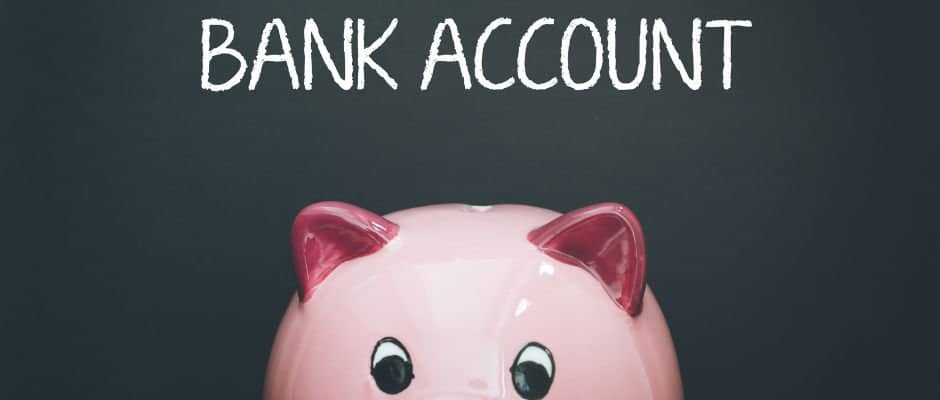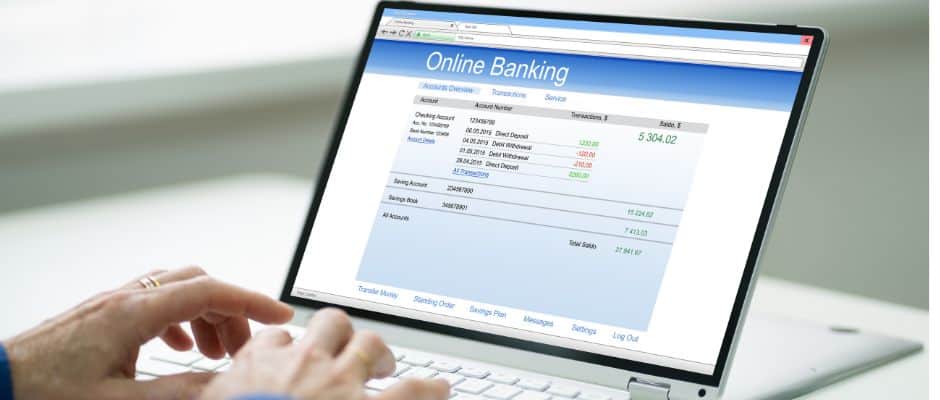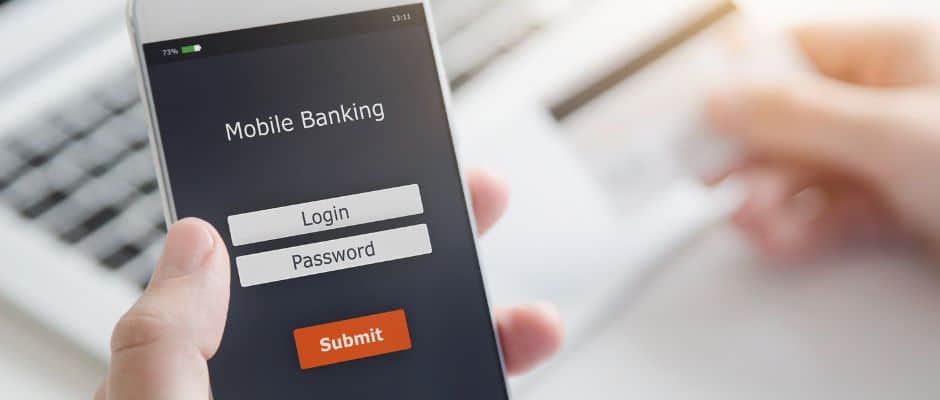
I get a lot of questions about what a bank account actually is. Is the money yours? Is bank account an asset? Apparently, a lot of people are using a bank account every day without even knowing much about it. For many of us, it’s where we keep some of our easily accessible funds for a rainy day. Our bank account is where we get our paycheques deposited and where rent or mortgage payments are taken from. They are an essential part of our financial lives and our net worth. So naturally, I did a little research on my own and here is what I found.
Yes, to answer the question, a bank account is an asset. It has actual financial value and is considered an essential part of our net worth. Some people only use a bank account for their finances, in which case much of their net worth would be tied to that account. This is why a bank account is considered to be a financial asset.
It is a pretty simple concept when you put it that way. Anything with financial value should be considered an asset. Whether the money in your bank account belongs directly to you or to the bank shouldn’t be the question. You just need to know that whatever is in your bank account is considered a part of your personal net worth.
Is Bank Account an Asset?

Yes! It does not matter if it is a savings account or a chequing account, any bank account with cash or investments in it can be considered a financial asset. A bank account is actually considered to be a liquid asset because the funds inside are usually easily accessible. This is compared to an intangible asset like stocks or bonds which cannot actually be held in your hand like cash.
So let’s ignore the obvious joke about inflation and the value of your bank account. Having liquid assets like cash available in your bank account is always safe in case of an emergency. If you have all of your funds in investments then it can take a few days to get access to your money. You’ll need to sell stocks or bonds and transfer that cash back into your bank account.
I know we never really think about our bank account as an asset but it is. It’s not necessarily the account itself, but the value of the assets within that account. This goes for any account you own with any type of financial instrument in them. What is the opposite of an asset? Let’s talk about that next.
Related Financial Geek Article: 10 Ways to Save Money Without a Bank Account
What is a Liability?
Liability is the exact opposite of an asset: it is something you owe money to and need to pay off. Its existence is likely causing a direct hit to your net worth rather than adding value to it. Some examples of liabilities include mortgages, loans, and credit card debt. If you borrow or need to pay interest on something, chances are that something is a liability.
Are liabilities bad? Not always! Everybody would love to be debt free but owning some debt can be a good thing. If you have a mortgage, it means you own a house and likely have access to capital through a Home Equity Line of Credit or HELOC. If you have a student loan you likely have a great education and if you have a car loan then you always have access to transportation.
Liabilities are often necessary through various stages of life. Unless you are born into money and have unlimited funds at your disposal, chances are you will be taking on some significant liabilities are some point.
What Are Examples of Assets?

If liabilities are things that you pay or owe money for, then it stands to reason that assets are things that provide you with gains. An asset is anything of use or value. In financial terms, this can be cash or other investment vehicles like stocks, bonds, ETFs, mutual funds, and even cryptocurrencies. I get that not all of these made you money over the past couple of years but in a vacuum, these assets have value no matter how big or small they might be.
So is it the bank account itself or the money you hold in it that should be considered an asset? Well, the two entities are always going to be linked together. A bank account will always be valued by how much cash is held in it. Money does have value on its own, even when it is not being held in a bank account.
In the end, it is always the money being held in the bank account that is your true asset. Since the account is the vehicle in which cash is stored, it will always be considered an asset. Even in the rare case of an overdrawn bank account where you are paying interest for having a negative balance. The ironic thing is, even though it is your own money in the bank account, a bank can still legally ask where you got it.
The Bottom Line: Is Bank Account an Asset?
Long story short, yes a bank account is considered to be an asset. The bank account holds money and so it has a value attached to it. This might be different if there is no money or even a negative balance in the account. An asset is defined as anything that has use or value, so even if you just have a few pennies in your account, it is still considered a part of your overall net worth!



![Why Exactly Are Banks Closed On Sundays? [In the US]](https://thefinancialgeek.com/wp-content/uploads/2022/05/Why-Do-Banks-Close-on-Sunday-1.jpg)

![Will Getting a New Debit Card Affect Direct Deposit? [Yes or No]](https://thefinancialgeek.com/wp-content/uploads/2023/04/Featured-Image-45.jpg)
